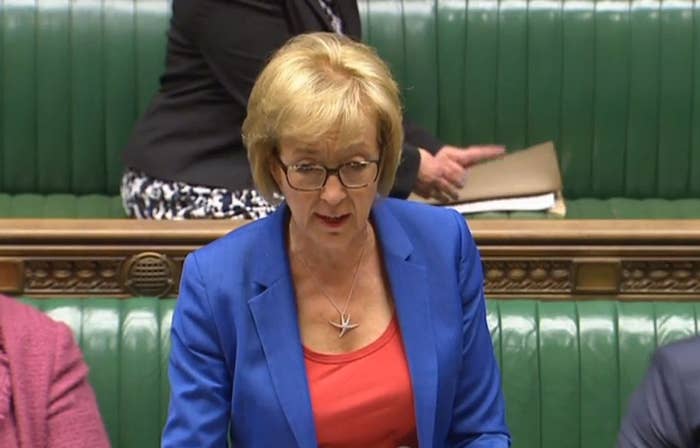
The government has published a delayed plan to combat air pollution after it failed in its bid to have the deadline moved to after the general election in June.
The High Court in London ruled that the draft plan must be published following the local elections on Thursday. The court rejected the government's argument that the pre-election purdah period – during which normal political activity ceases – was a good enough reason to delay.
The Government published its Clean Air Zone Framework on Friday morning, with a consultation on the plan lasting until 15 June.
ClientEarth, the environment advocacy group which took the government to court over the quality and timing of its clean air report, criticised the plan for proposing non-charging clean air zones, which drivers would not need to pay to enter.
It said in a statement: "There needs to be a national network of clean air zones which prevent the most polluting vehicles from entering the most illegally polluted streets in our towns and cities.
"We fail to see how the non-charging clean air zones, proposed by the government, will be effective if they don't persuade motorists to stay out of those areas. The government seems to be passing the buck to local authorities rather than taking responsibility for this public health emergency."

Andrea Leadsom, the environment secretary, had applied for an extension to its deadline to come up with the long-awaited plan, which was due at 4pm on Monday 24 April.
The government had previously submitted a plan, but in November last year the High Court ruled that it was unlawful. The court ordered that the full final policy must be published on 31 July.
The origin of the case is legal action originally brought by ClientEarth that challenged the government to produce tougher measures to tackle the levels of nitrogen dioxide pollution, which is caused in large part by diesel engines.
The government wanted to submit its plans on 30 June followed by implementation in September, arguing it was acting on advice from Cabinet Office officials that to publish a plan would breach purdah.
But Mr Justice Garnham said purdah does not affect the outcome of a High Court case and "is not a trump card to be deployed at will by one litigant", adding that the government must comply with a court order like anyone else.
The Secretary of State "is obliged to comply with orders of this court as any other litigant" - judge
Purdah "is not a trump card to be deployed at will by one litigant" - judge
A study in March found that as many as 1 in 10 early deaths worldwide could be attributed to air pollution, while several London roads breached the annual legal limit for pollution just several days into 2017.
Andrea Leadsom said in a statement: "A stronger and cleaner economy. Our plan today sets out how we will do just that – including presenting options for targeted diesel scrappage schemes.
“Improving air quality is a key priority as we support businesses in building a stronger and cleaner economy. Our plan today sets out how we will do just that – including presenting options for targeted diesel scrappage schemes."
